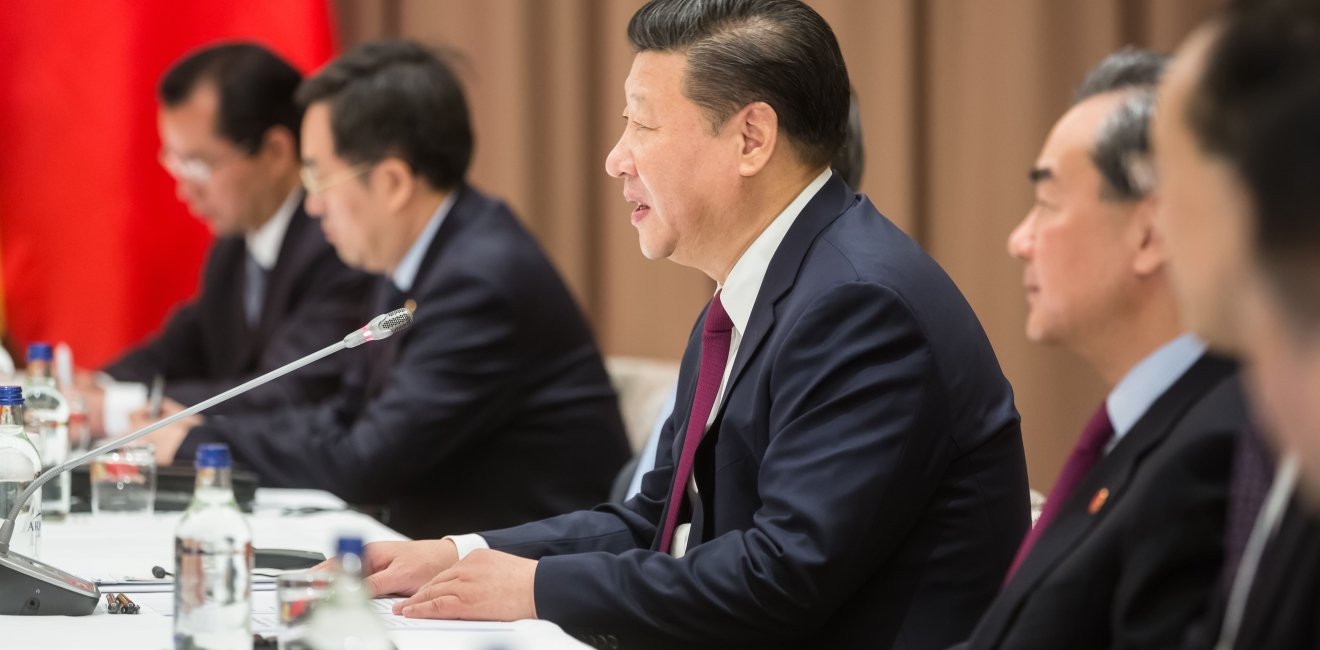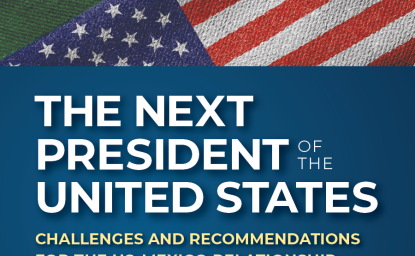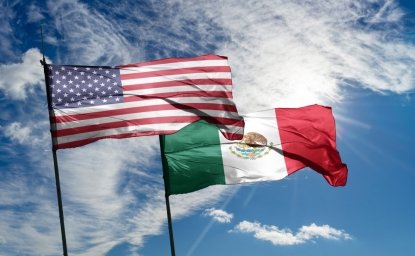Critical Challenge for the U.S. | Accommodation or War?
Beijing’s drive to legitimize autocratic practices worldwide, its technological and military buildups, and its aggression in the South China Sea and Taiwan Strait have increased the chances of conflict between the superpowers. The U.S. has reacted with a clear attitude, but has not articulated an effective strategy to stabilize relations. Finding that strategy is the United States’ most pressing foreign policy challenge.
An effective strategy should define American goals: How can we achieve a sustainable peace between a powerful, prosperous United States and a powerful, prosperous China? It should be clear about what competition with China will cost the American people, and manage relations within a framework that promotes multilateral efforts to combat climate change, pandemics, poverty, technological disruptions, and injustice worldwide. It should also acknowledge that China policy cannot be based on American grievances alone: we must begin with a determination to avoid war, recognizing that China’s power may make some accommodations necessary.
Three Things to Watch
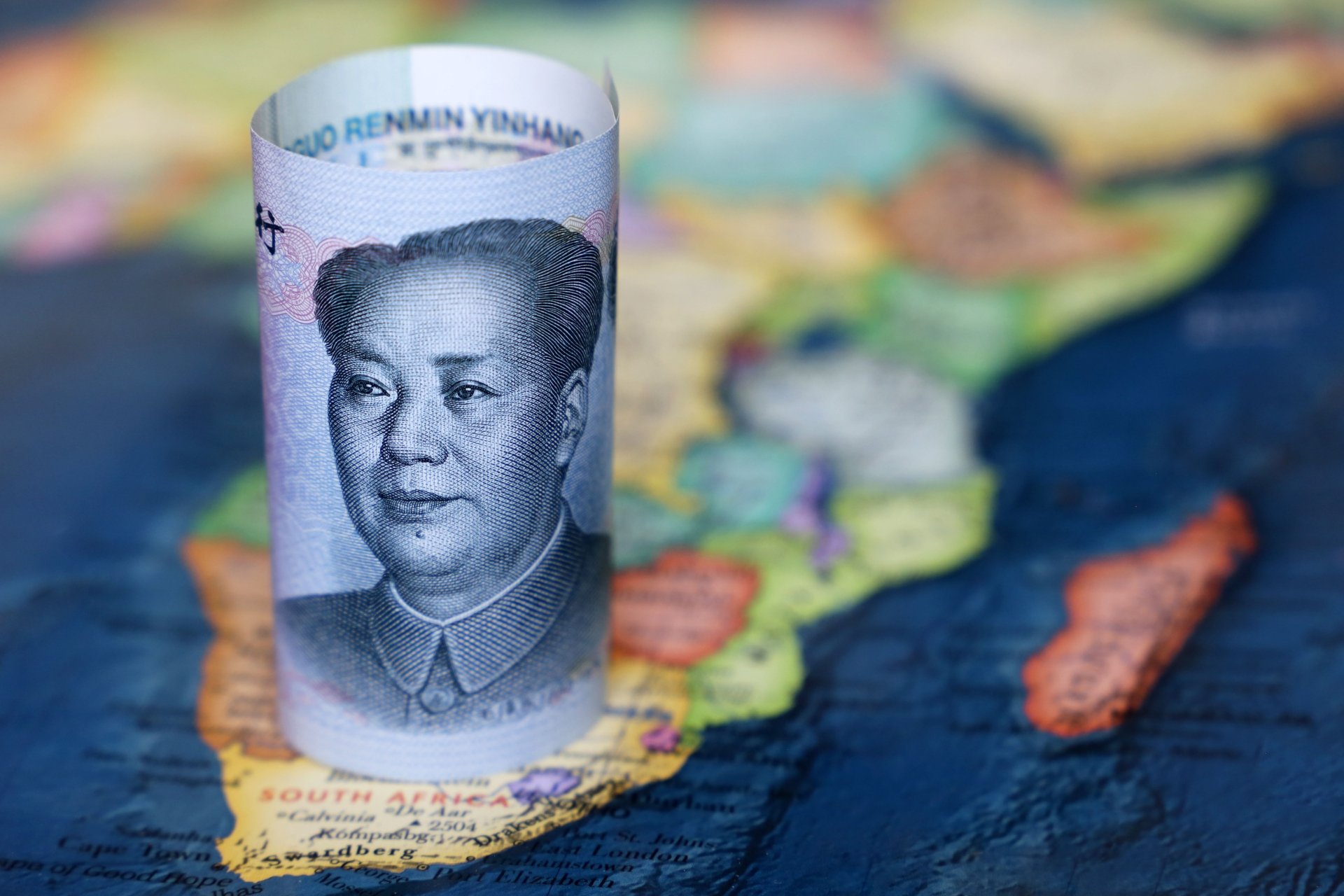
1. Regional Reactions to U.S.-China Competition
“We don’t want to make you choose. We want to give you choices.” That was Secretary of State Antony Blinken during his November 2021 trip to Africa. It’s a good line that belies geopolitical reality; neither China nor the United States wants to be seen as pressuring countries to pick between them, but each rests easier when a choice goes its way. In Africa, South America, and Southeast and Central Asia, countries value their economic relations with China, but also need the check on Chinese influence offered by the U.S. Most would rather hedge between the powers than tilt either way. Nevertheless, antagonism between China and the United States, and the gradual emergence of separate technological and financial systems, may compel the decisions they hope to avoid. Will great power rivalry produce a bifurcated world, or will Middle Powers temper U.S.-China competition?
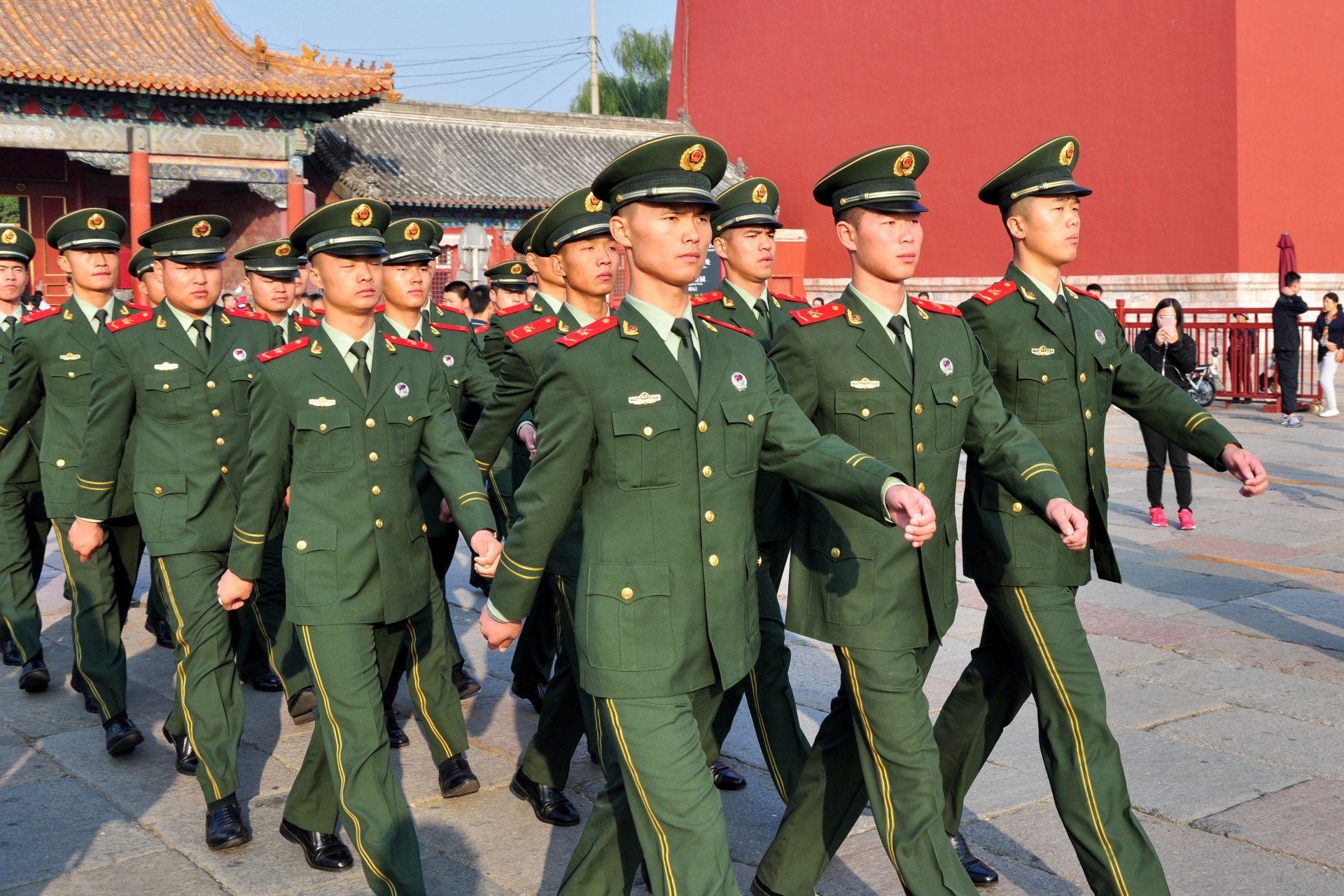
2. The Impact of Domestic Politics
The 2022 U.S. mid-term elections will not be decided on foreign policy issues, but President Biden’s desire to avoid being painted as soft on China in an election year will likely limit his ability to cooperate or compromise with China. Communist Party General Secretary Xi Jinping faces a key Party Congress at the end of the year and must project strength even as the Chinese economy slows, and international criticism of China’s human rights record intensifies. Negative public opinion in each country toward the other limits both leaders’ ability to make concessions, even if they were inclined to make them which they aren’t. China is dangerously set in it course. The U.S. is dangerously unsure of its own. This bad combination is made worse by fraught domestic
politics in both countries.
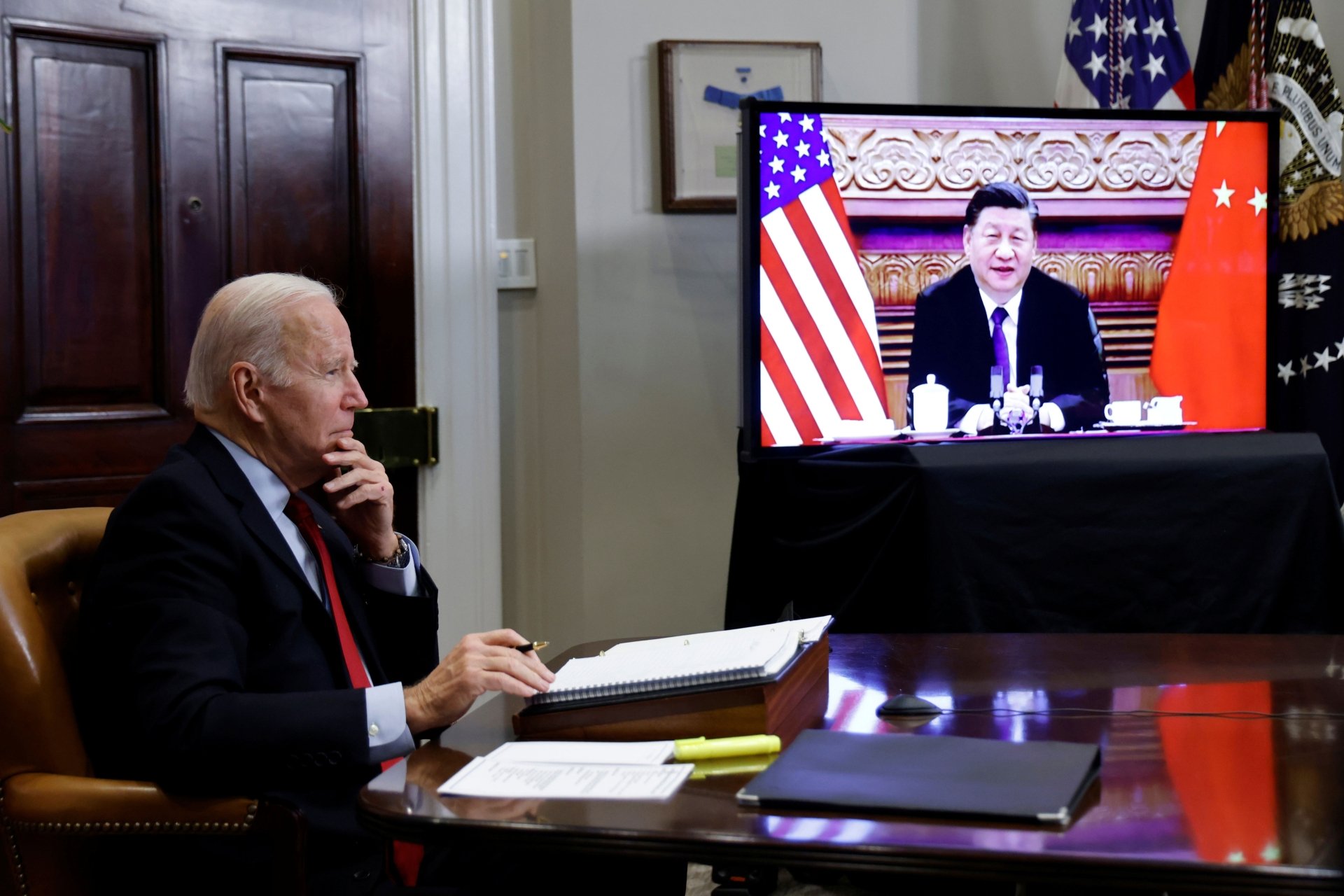
3. The Clash of Old Ideas, the Absence of New Ones
U.S.-China rivalry is framed by both countries—with more certainty than precision—as an ideological competition. President Biden defined the stakes when he hosted the Summit for Democracy in 2021: U.S.-China tensions derive from a global struggle between democracy and autocracy and the system that best meets the human needs will prevail. He believes America has the upper hand despite the weakening of its democratic institutions. China rejects this view as an outmoded "Cold War mentality," even as it encourages such thinking with its claim that The East is Rising and the West is Declining. China, too, claims to be democratic despite its lack of elections or political pluralism.
Contributors

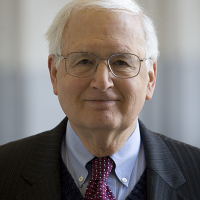
Founding Director Emeritus, Kissinger Institute on China and the United States


Kissinger Institute on China and the United States
The Kissinger Institute works to ensure that China policy serves American long-term interests and is founded in understanding of historical and cultural factors in bilateral relations and in accurate assessment of the aspirations of China’s government and people. Read more



